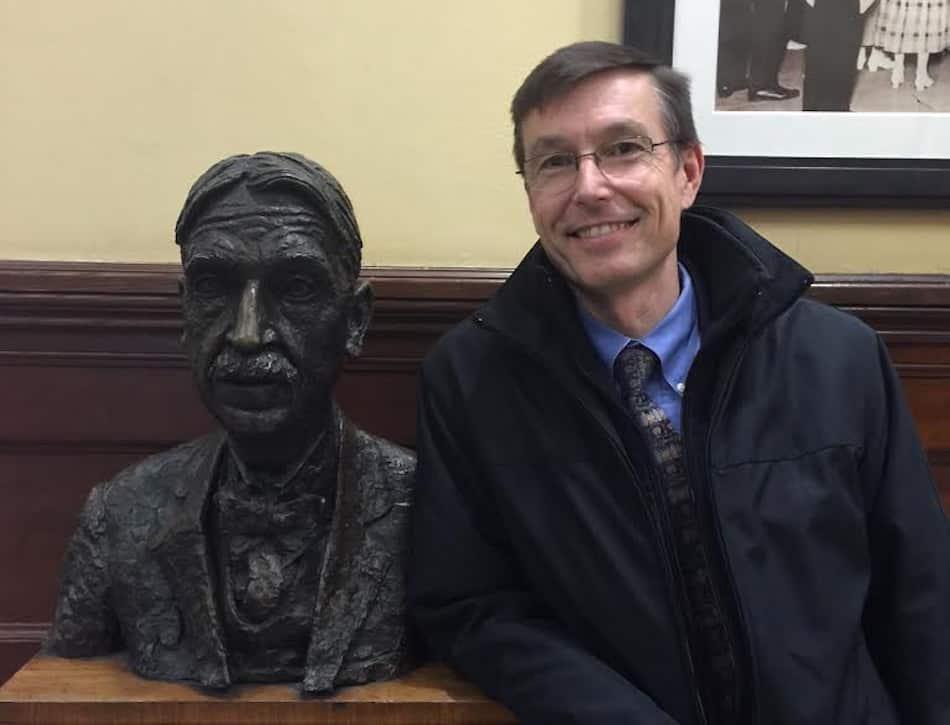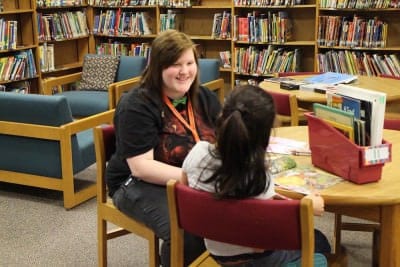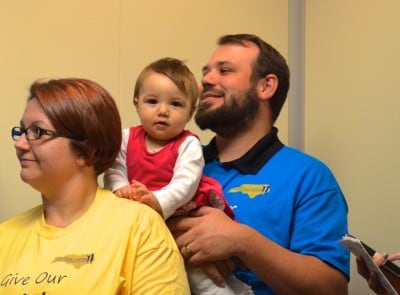

At the end of January, I had the opportunity to reflect on education and leadership with 18 other heads of school during a two-week fellowship at Columbia University in New York.
Valuable and challenging time
During our time together, we took short courses in philosophy, research, and 21st-century learning. We visited four local schools and spent time on case studies with each other and a cohort of master’s students.
I found the time as a student extremely valuable, and I was challenged to reflect on things that we sometimes lose sight of in the hectic pace of our day-to-day work.
A philosophy of education
The experience challenged me to consider something that embarrassingly I don’t spend enough time thinking about: What is the purpose of education?
We can reflect on the question of purpose from a variety of angles. Two of the most common answers might be:
- To prepare students for citizenship, and
- To teach and credential skills for the marketplace, be it further schooling or the workforce.
Both of these reasons are very important. They hit at the notion that education is in service to both individuals and society. Most of the time, conversations about the purpose of education then quickly pivot to the question of How? How do we educate, especially in light of the changing dynamics of our social and economic realities? It is not a long walk from there before we are asked to dive into the rabbit hole of outcomes and measurement. Like Alice discovered in Wonderland, logic does not always apply here.
From purpose to philosophy
I’d like to step back from this abyss and posit that before we can meaningfully discuss the How of education, we need to spend more time on the Why. Perhaps switching the original question from “What is the purpose of education?” to “What is your philosophy of education?” might be helpful.
Let’s get the term “philosophy” out of the way, as it can conjure up images of bearded old men with flowing robes or elbow-patched cardigans, wondering how, considering Zeno’s paradox, they can ever get out of Plato’s cave.
For this discussion, I’d ask us to consider the words of French scholar Michel de Montaigne. In his essay On Educating Children, written in the mid-1500s, he says that philosophy is “the art which teaches us how to live.”
A philosophy of education might then speak to a higher calling than the somewhat transactional purposes considered at the beginning of this conversation. As suggested by Columbia University professor David Hansen, we may consider a philosophy of education a question about the “paths to personhood.”
Preparation to lead better lives
Keeping our attention on Montaigne for a moment, he argues that the purpose of education is to prepare us to live better lives. To accomplish this, teachers must do more than simply transmit information, they must prepare their students to make sense of information in new contexts: to be well-formed and not just well-filled.
It is amazing to hear these thoughts from a 16th-century scholar, as they seem to be spoken in reference to our everlasting debate involving process versus content.
If the purpose of education is to show us how to think rather than to tell us what to think, we might ask: Toward what end? Why do we want students to make their own meaning, to have a say in the direction of their own learning?
Daring to be wise
A philosophy of education, it may follow, will by nature be value laden. Montaigne references the teachings of Socrates when he says: We must dare to be wise. Education is about providing us the ability to exercise judgment.
Fast-forward 500 years to the writings of the American educator and philosopher John Dewey, and we can see that these conversations are as alive today as ever. For Dewey, a thinker whose life spanned from the Civil War through the Cold War, the question of judgment is foundational. There is a significant difference, he says, between educating somebody about morality and educating somebody to act as a moral being.
Internal and external facing
A philosophy of education, then, seems to have two components. The internal facing, which is designed to maximize the individual potential of each person, and the external facing, which creates capacity and opportunity for each person to exercise moral judgment in the world.
In both of these dimensions, learning is an iterative process unique to each individual, as each successive experience builds on the last to propel us forward through a purposeful life.
To be a teacher, then, would seem to be a moral calling. It is not an insignificant task to be asked to help our students along their way to becoming an engaged person in the world – to embrace the notion of cosmopolitanism, the artful blending of reflective openness to new people and ideas with a developed sense of your own personal and cultural identity.
“Obvious and miraculous”
As individual teachers working within the larger organizational construct of schools, it is no small task to consider how we create environments to nurture such an important but amorphous process. As Hansen has said, education can seem both obvious and miraculous at the same time.
In the end, an articulated philosophy of education provides us with the important answer to the question of Why? The implications of our answer are felt when we at some point inevitability turn back to the important next question of How, as in: How in the world do we do this enormous and complicated job effectively?
For the time being, though, we’ll let that rabbit run.




